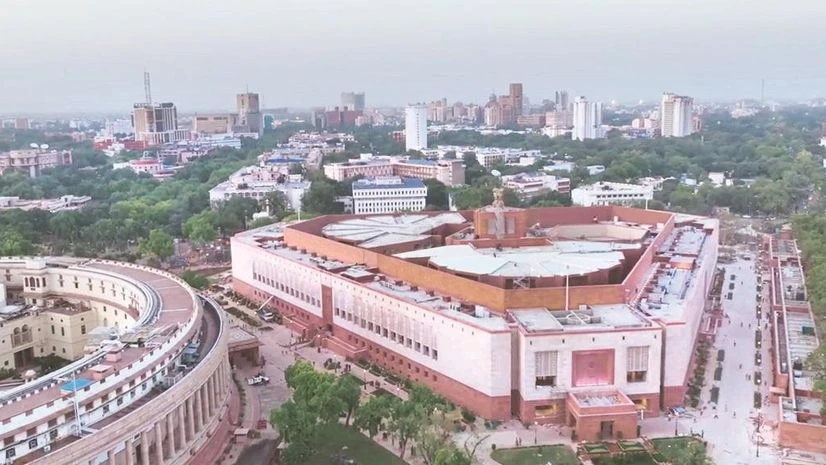The Lok Sabha on Wednesday passed three bills to replace the colonial-era criminal laws by voice vote.
The three redrafted bills -- the Bharatiya Nyaya (Second) Sanhita, Bharatiya Nagarik Suraksha (Second) Sanhita and the Bharatiya Sakshya (Second) Bill -- were introduced in the Lok Sabha by Union Home Minister Amit Shah last week.
These bills will replace the Indian Penal Code-1860, the Code of Criminal Procedure Act-1898, and the Indian Evidence Act of 1872, respectively.
Replying to a debate on the bills in the Lok Sabha on Wednesday, Shah said the proposed laws were framed after comprehensive consultations and that he had gone through every comma and full stop of the draft legislations before bringing them before the House for approval.
He said the existing criminal laws were reflective of the colonial mindset with the intention to punish and not impart justice.
"The three new bills seek to establish a justice system based on Indian thinking... The three proposed criminal laws will free people from colonial mindset and its symbols," Shah said, before the Lok Sabha passed the bills by voice vote.
(Only the headline and picture of this report may have been reworked by the Business Standard staff; the rest of the content is auto-generated from a syndicated feed.)

)
